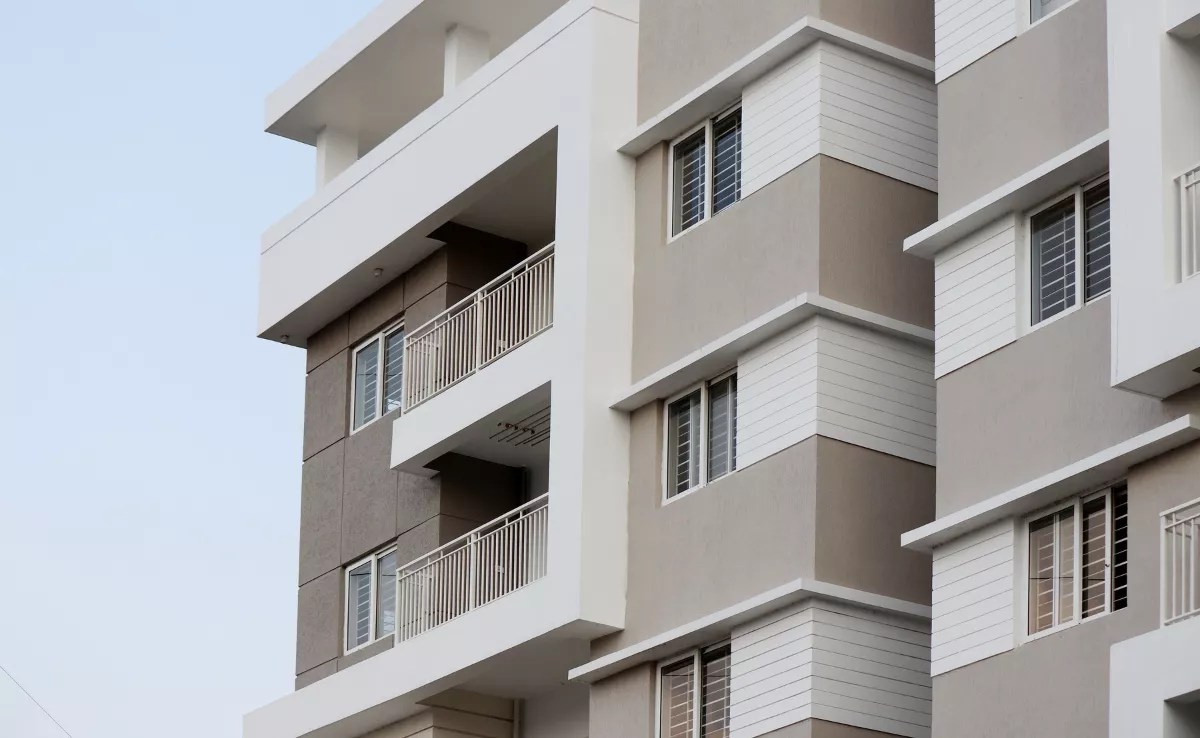Santa Cruz de Tenerife 26 Mar. (Europa Press) –
The representative of the Unified Police Union (SUP) in the Canary Islands, Marcos Santiago, expressed on Wednesday that it is “absurd” for the General State Administration to allocate a daily allowance of 61 euros to officers assigned to El Hierro to manage the surge in immigration on the island, a rate that has remained unchanged since 2002.
“One cannot sustain a living,” he remarked during the ‘A good hour’ programme with José Luis Martín, as reported by Europa Press. He highlighted that numerous officers “have to find alternative means” sometimes relying on local residents to offer them “more or less reasonable” prices for renting accommodation, as they are aware of their situation on the island.
He noted that they are “compelled” to undertake the transfer even at a “financial loss” because otherwise, disciplinary measures are enforced. Although there is a constant effort to recruit volunteers, if there is an ongoing investigation involving foreigners, participation is mandatory.
Santiago has also called for a permanent police station on the island, emphasising that the immigration situation on El Hierro “is now structural”. After two years of continuous arrivals by Cayucos, it is essential to establish a dedicated team for managing foreign affairs.
“The Interior Ministry tends to believe this is a temporary issue, one that will eventually cease, but we should recall that the first pateras arrived on the island of Fuerteventura in 1994. That means we have experienced 30 years of continuous arrivals, and the flow of pateras to the Canarian archipelago has not subsided,” he stated.
He indicated that there are approximately 40 officers stationed in El Hierro who come from Tenerife and without intending to create “alarmism or anything”, it is understandable that if police presence is diminished, there could be an increased sense of “insecurity”, especially as holiday permits are issued. However, “this is not a palpable reality” apart from a few “isolated spikes”.
Santiago clarified that the primary consequence is the strain on shifts for officers because, while they are eventually compensated with additional days off, their availability is reliant on the operational demands of the service and cannot be selected at will.
“If there are urgent requirements and you cannot meet them, it is not the same to have a day off on a Monday or Tuesday compared to a Saturday or Sunday when you might want to spend time with your family,” he concluded.
















